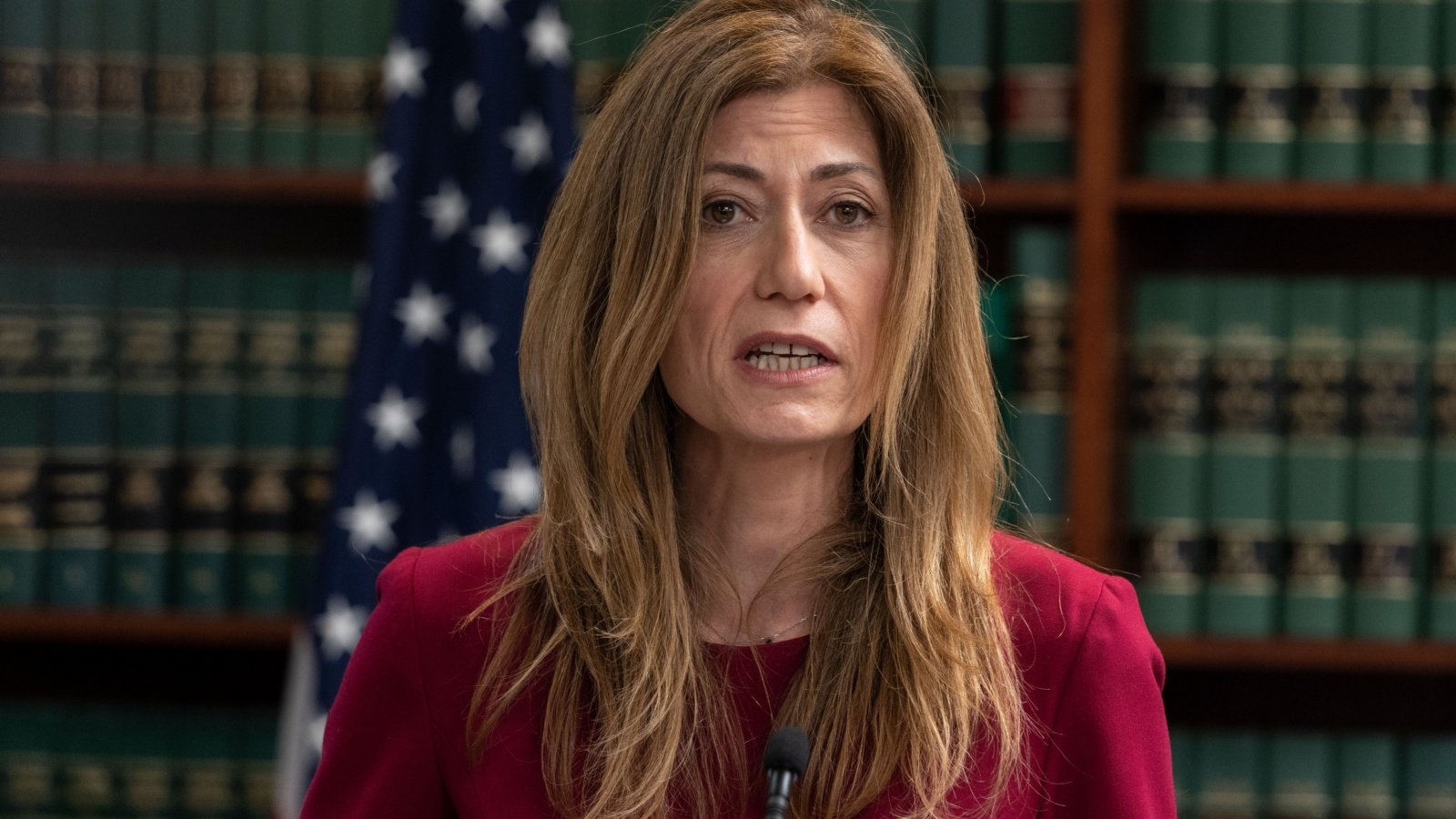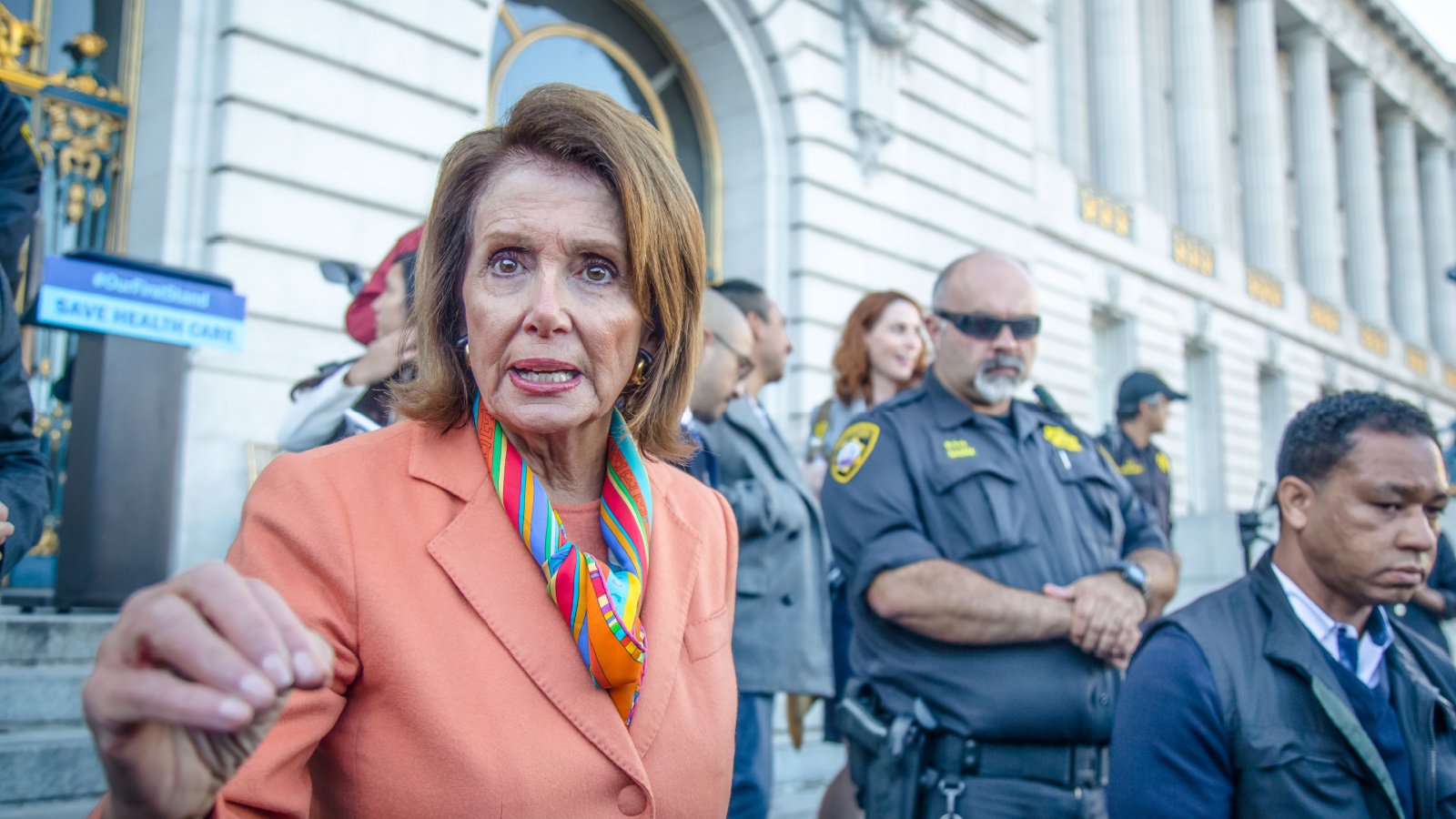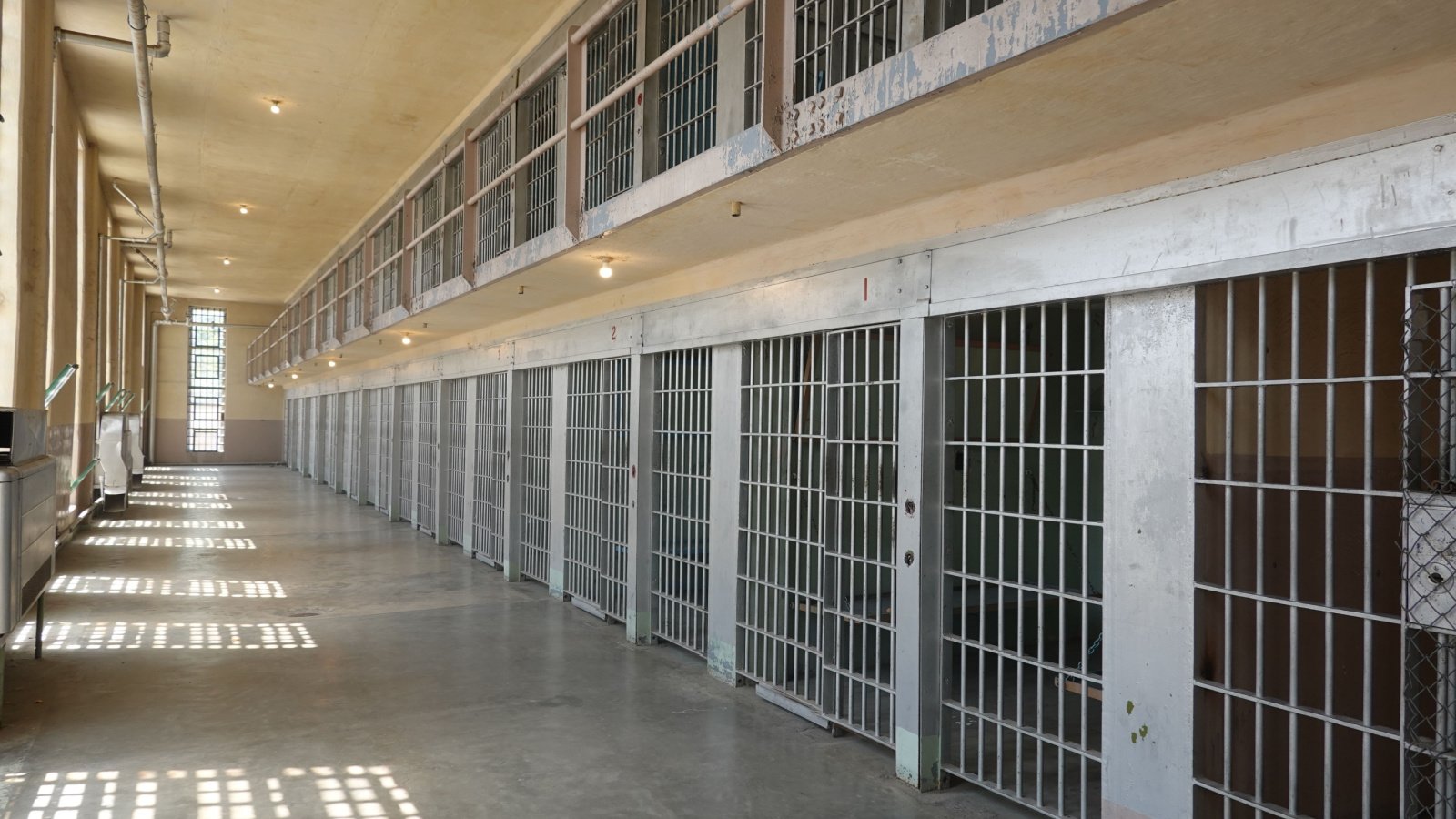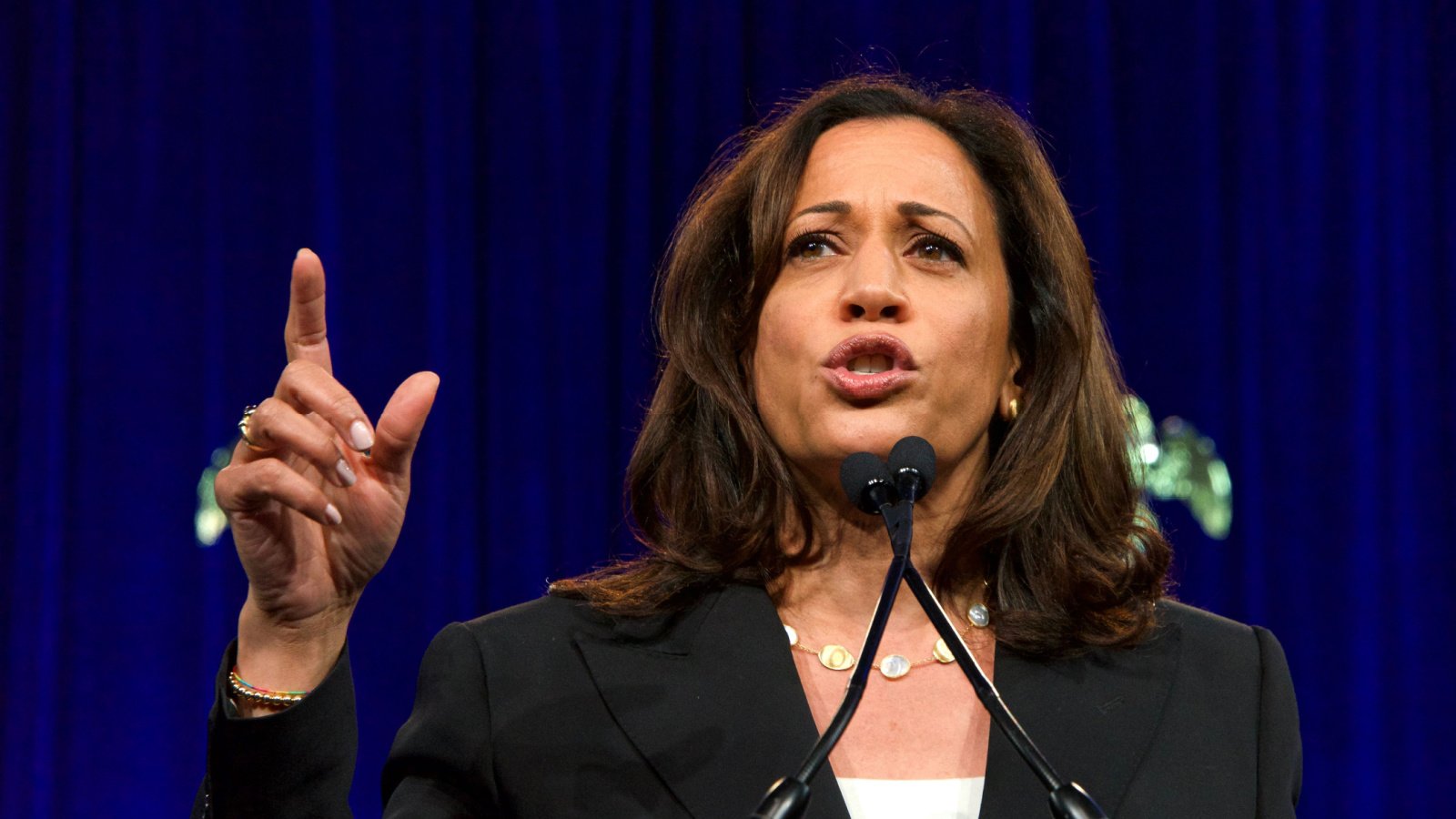In a historic shift in federal drug policy, the U.S. Drug Enforcement Administration (DEA) will reclassify marijuana as a less dangerous drug. The announcement will affect several economic sectors across the country.
Regulatory Review by White House
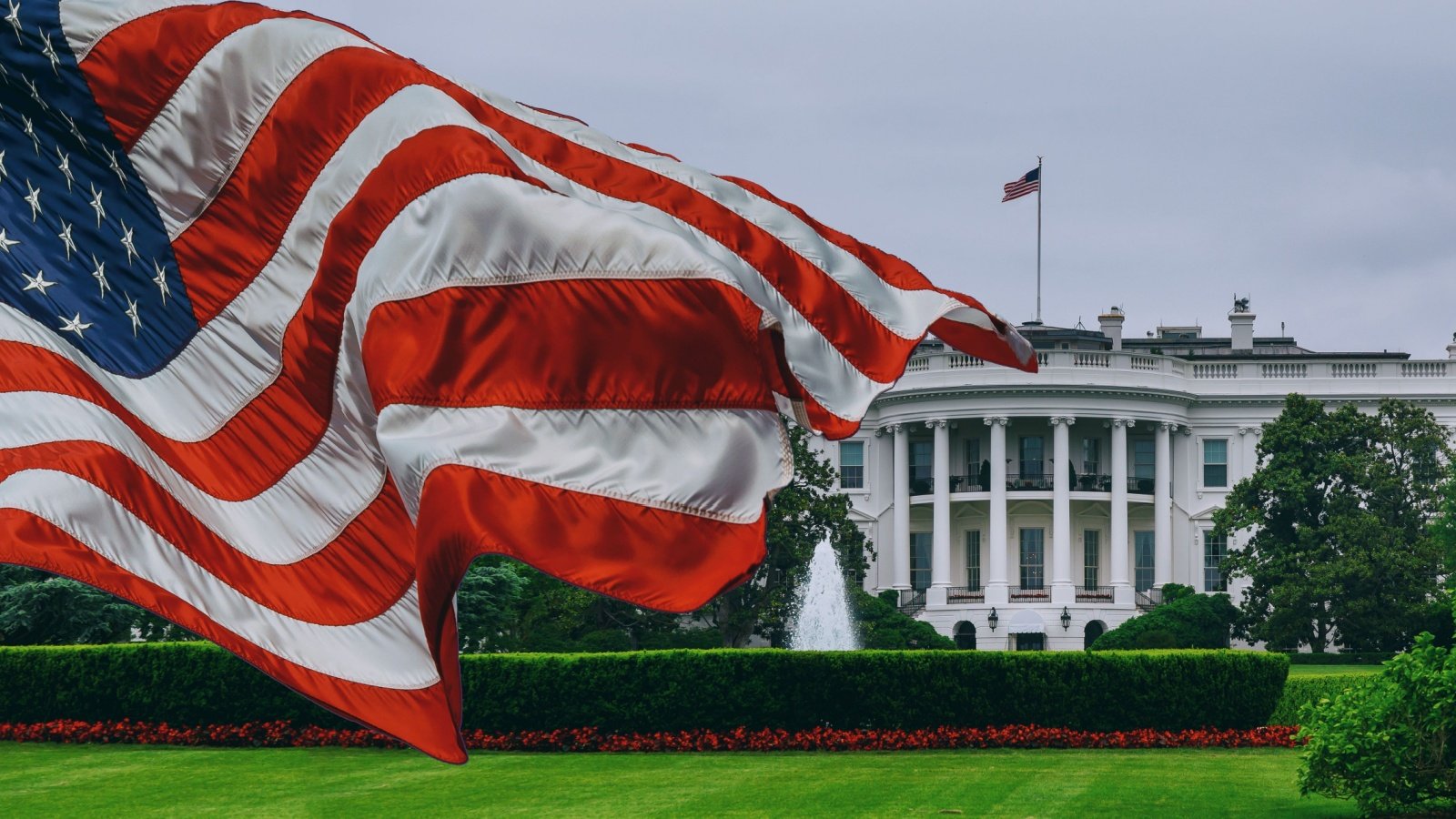
The DEA’s proposal is set to undergo a review by the White House Office of Management and Budget before the proposal can advance to the next stage of implementation.
Acknowledgment of Medical Benefits

Part of the DEA’s new classification scheme for marijuana rests on the medical benefits of cannabis as well as the data suggesting that cannabis poses a lower risk for abuse than other drugs. The DEA proposal, while downgrading the danger classification of marijuana, would not legalize recreational use under federal law.
Next Step Involves Public Comment Period
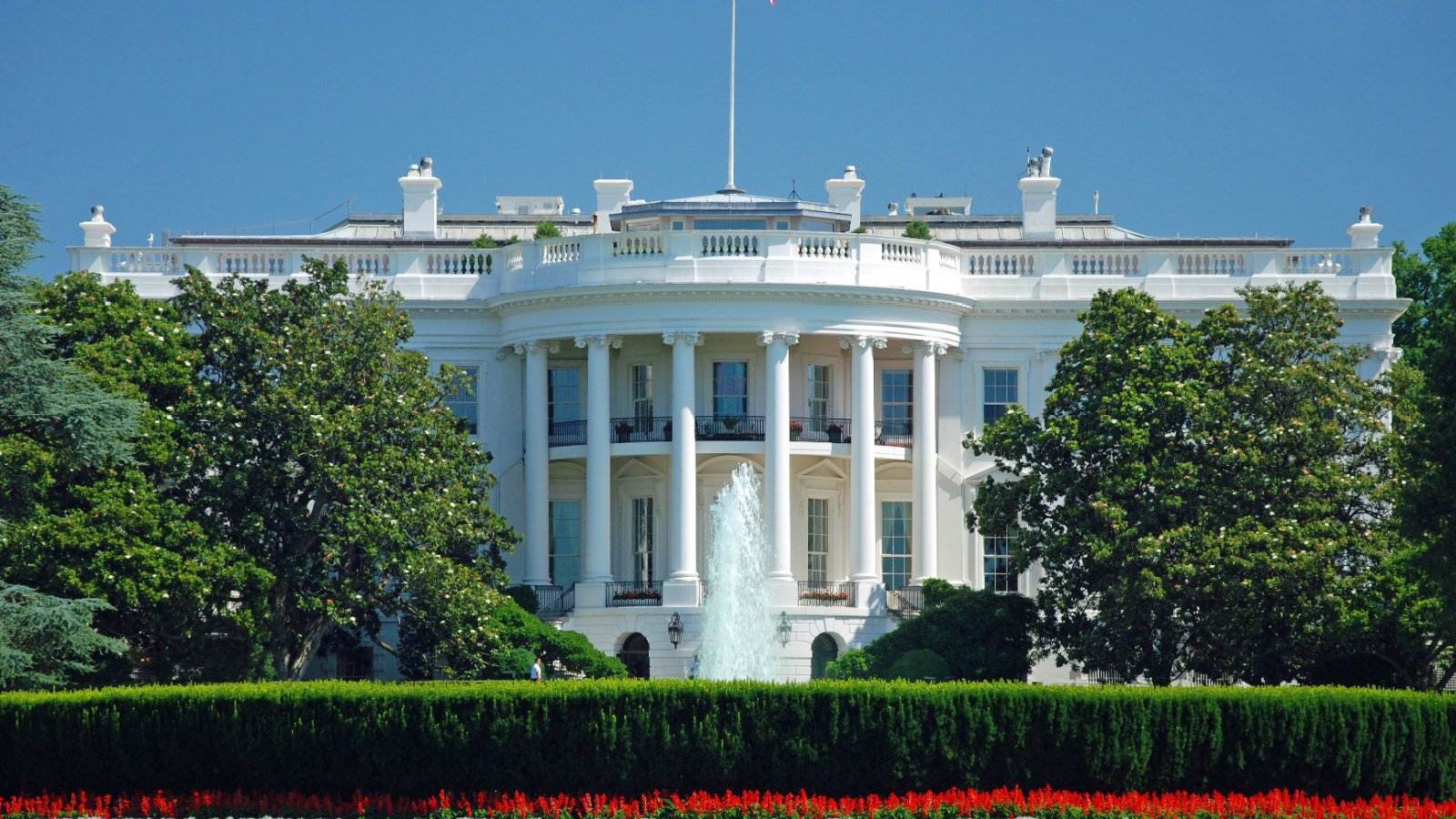
If the White House greenlights the proposal further, the DEA will open the proposal for public comment. Specifically, the policy would categorize marijuana from a Schedule I to a Schedule III category.
Health and Human Services Involvement
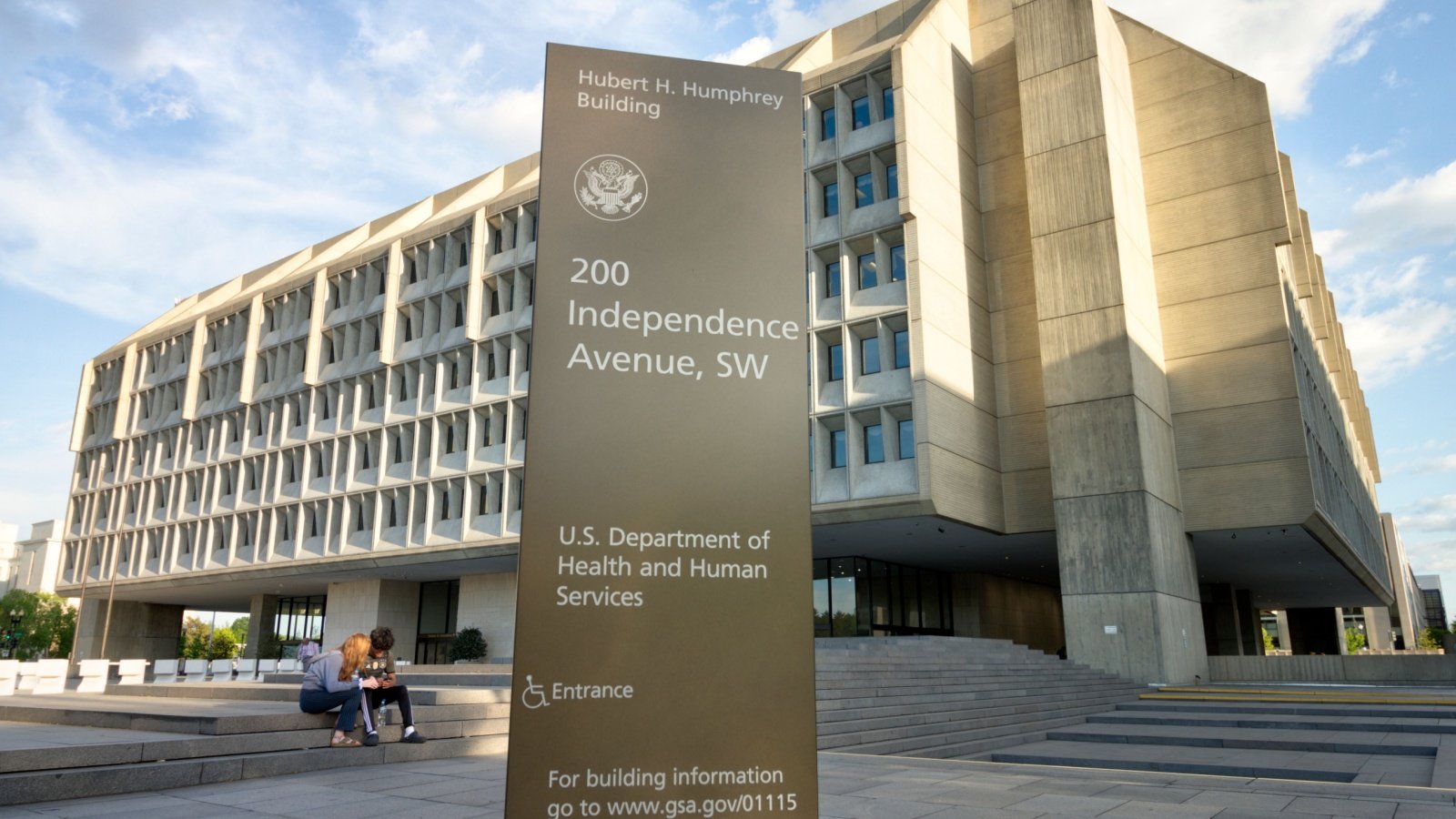
The reclassification of marijuana from a Schedule I to a Schedule III drug was supported by a recommendation from the Department of Health and Human Services, which promoted the drug for its medicinal uses.
Presidential Influence
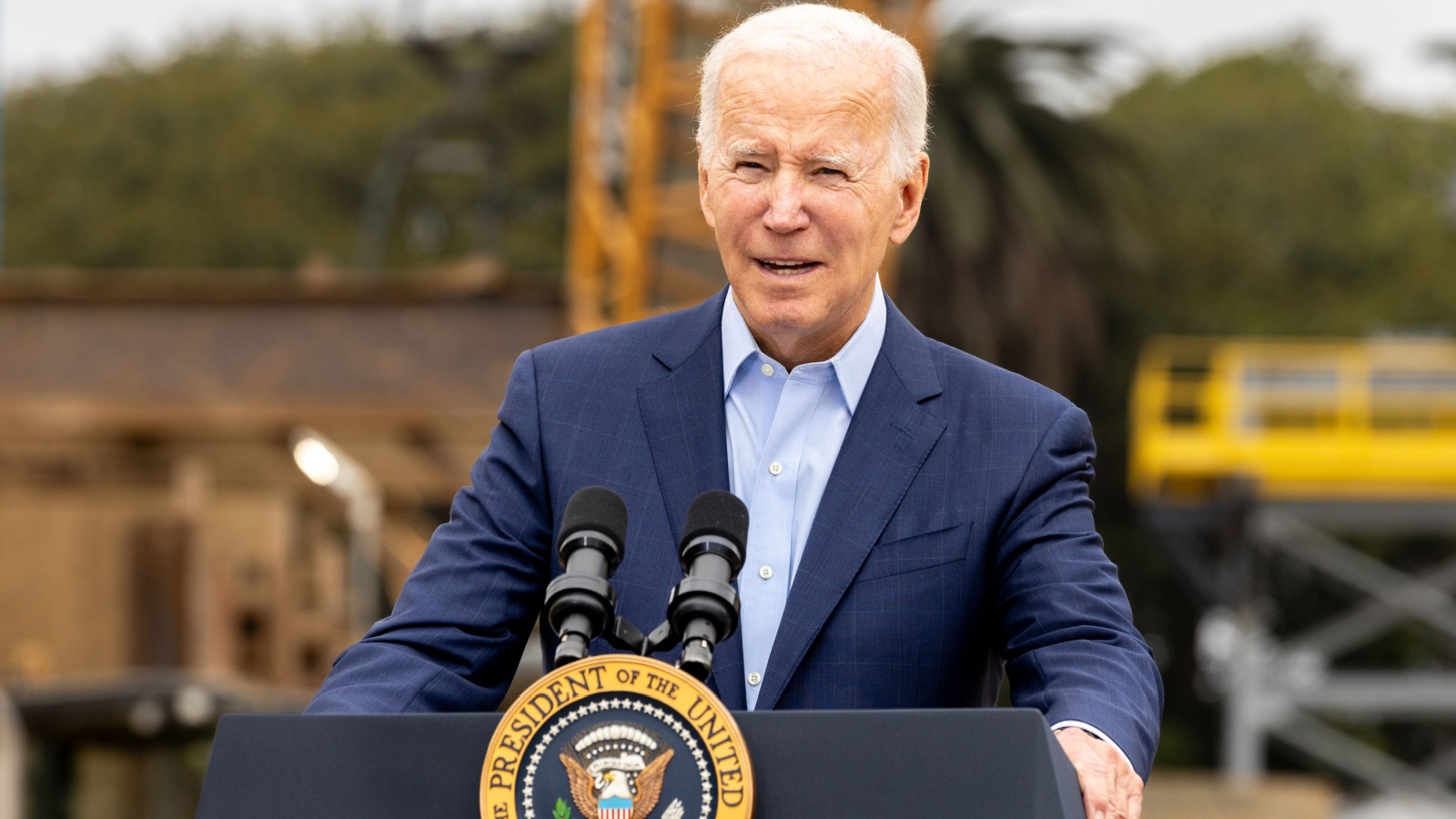
Reimagining Marijuana laws has long been a priority of Democratic Administrations. During Former President Obama’s administration, law enforcement agencies were instructed to lower the priority of marijuana-related infractions relative to other drug-related cases. In the same vein, the Biden Administration has pushed to reform marijuana laws and issued pardons to those convicted of possessing marijuana.
Election Year Strategy

Democrats are banking on the reclassification of marijuana to a less stringent category as being a boon to voter support in November. The Democratic party likely sees support among younger voters for a more lax marijuana policy, which could lead them to vote Democratic in the upcoming election.
Marijuana is Still a Controlled Substance

While reclassification of marijuana lessens the stringency around the regulation of the substance, marijuana would still remain a controlled substance under the regulation of the DEA. Federal penalties would still apply if the substance were sold illegally.
Criticism of the Rescheduling

Within the electorate, there is a wide range of opinions on the regulation of cannabis. Some on both the libertarian and progress ends of the spectrum would like to remove cannabis from the controlled substance list entirely and treat the substance like alcohol.
Conservative Views Toward Deregulating Cannabis

Others are concerned about negative societal consequences if the strictures around marijuana are loosened. For example, some see marijuana as a gateway drug leading to experimentation with other controlled substances, and others point to the link between psychotic disorders and marijuana use.
Marijuana Laws at the State Level

Some states have already fully legalized marijuana. These states and jurisdictions include Connecticut, Delaware and Washington, D.C. Other states have loosened restrictions in the cases of medical marijuana and in some recreational cases. States with varying loosened marijuana laws include Colorado, Washington, Illinois, Massachusetts, Michigan, New Mexico, Alaska, and California.
Booming Marijuana Industry
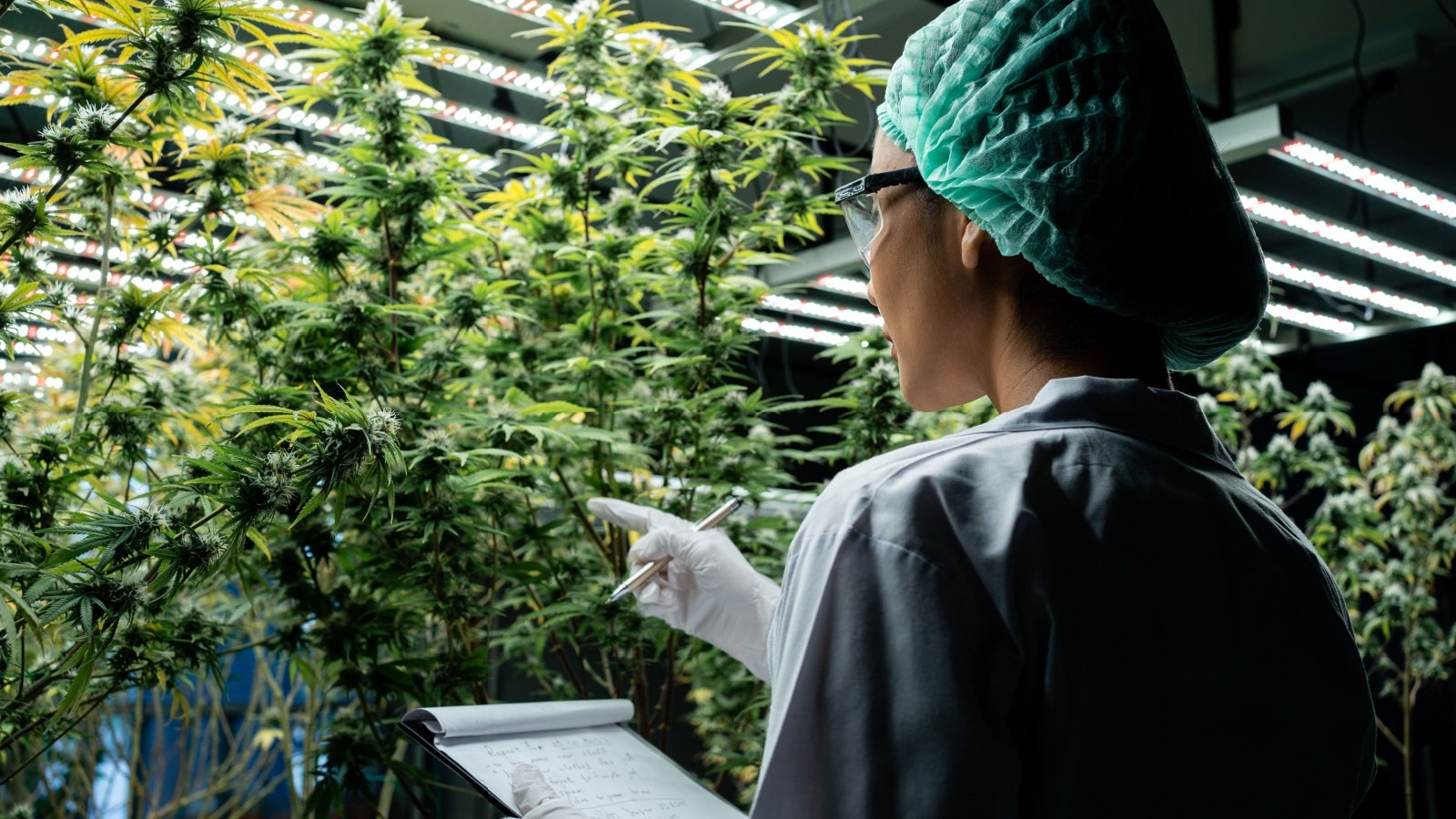
The cannabis industry is valued at $30 billion. Industry leaders hope and expect that this prospective move by the federal government to loosen the stringency of its regulation on the substance will translate to further growth in the industry. Their hopes are pinned on the thought that as the substance is deemed more favorable, the punitive high tax burden on the industry might be lessened.
Research Opportunities

Another byproduct highlighted by advocates favoring the rescheduling of marijuana is that reclassifying marijuana will open it up to more clinical research opportunities. Currently, federal law poses stringent impediments to experimenting and researching with Schedule I drugs.
Limited Immediate Impact

Since the Obama Administration, law enforcement has been focusing efforts away from prosecuting marijuana possession incidents. This latest move to reclassify marijuana into a different category of controlled substances nonetheless represents a watershed moment in national drug policy change.



